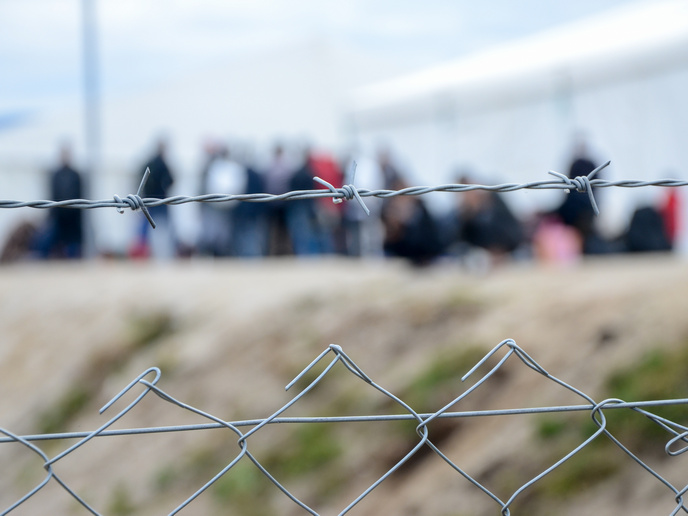Bridging the gap between the EU and European youth
European young people have had a rough ride over the past decade as they have suffered the worst since the 2008-2009 financial crisis in terms of unemployment rates, training and education opportunities, and stagnant wage growth. However, if the EU is to survive, especially in populist times, support for the European project from young people is not only desirable but essential. This is where CATCH-EyoU’s (Constructing AcTive CitizensHip with European Youth: Policies, Practices, Challenges and Solutions) research comes into play. How European youth perceive Europe “Our aim was to understand how EU and national institutions can be supported to cultivate a generation of informed, competent and critically aware young people as a means to help revitalise the European project,” begins Professor Elvira Cicognani, CATCH-EyoU project coordinator. The project found that many actively engaged young people had various notions about what ‘Europe’ was and what it meant to them. “To many European young people, the idea of Europe is positive to them – providing education, work and personal opportunities across frontiers,” comments Prof. Cicognani. “Indeed, one of our studies found clear evidence that when young Europeans take advantage of cross-border mobility, such as through the Erasmus programme, it has a positive impact on their personal identity as a European and their wider opinion of the EU as a whole.” Education, education, education Whilst this is indeed encouraging, the project team also found that the role of schools is also crucial for the development of young people’s concepts of Europe. In one case study, CATCH-EyoU worked with five schools in five different Member States and worked directly with young people to increase their awareness and engagement on EU issues. “We first asked them to choose a local issue affecting young people that they felt passionate about and then we worked with them to help them understand how this issue could be addressed at EU level,” explains Prof. Cicognani. “By the end of the intervention, students showed increased awareness of EU social and political issues, increased their knowledge of EU issues more generally and developed a more complex, articulated and sometimes critical vision of the EU and active citizenship.” Another project initiative worked with youth organisations across eight Member States to understand the practices of positive active citizenship. “Youth civic organisations are an excellent vehicle in which to help young Europeans become more engaged and active,” says Prof. Cicognani. “We worked with organisations such as the Italian Youth Forum and the International Youth Panel who supported the research and provided valuable inputs from the perspectives of young people.” Challenges and moving beyond CATCH-EyoU Of course, a project such as CATCH-EyoU would not come without its occasional hiccups. “Some challenges had to do with external political and social events, such as the Brexit vote that happened just as we were finalising our cross-national study which included UK youth,” says Prof. Cicognani. “Also, the increasing challenges posed by immigration, growing intolerance and xenophobic attitudes in several of the countries in which we were active.” But overall, the project has massively contributed to understanding how to engage young people with European issues and the EU as a whole. “Moving forward, I’m definitely interested in continuing my research on civic and participatory phenomena, particularly in the area of ICT in order to exploit the potentials of new technologies for citizens’ engagement in governance processes,” concludes Prof. Cicognani.







